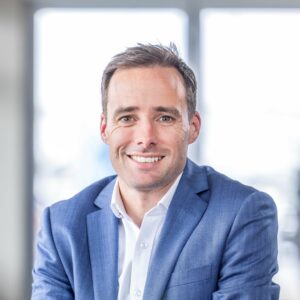 Ben Sherriff joins the Resolve team as a Project Manager. His civil engineering experience has focused on roading structures, especially bridges, but he also brings with him an interest in strategic asset management and business development. Ben has a Bachelor of Engineering, and a Master of Engineering Studies from the University of Auckland, but his interest in bridges goes back to when he was young.
Ben Sherriff joins the Resolve team as a Project Manager. His civil engineering experience has focused on roading structures, especially bridges, but he also brings with him an interest in strategic asset management and business development. Ben has a Bachelor of Engineering, and a Master of Engineering Studies from the University of Auckland, but his interest in bridges goes back to when he was young.
“Large scale bridges are often the landmark of their area but are also critical assets for the movement of people and freight, so I think a lot of people have a natural affinity with them.”
From 2007, Ben was part of a Structures Asset Management Team, largely designing improvements for bridges on behalf of Auckland City Council. In 2010, he joined Engineers Without Borders, a non-profit organisation that provides humanitarian engineering services, when an opportunity arose to be involved in a rainwater harvesting development project in Kiribati. “They are a fantastic organisation that is always looking for new members and I hope to get more involved with the Auckland chapter now we have returned to New Zealand,” he says.
Ben was then seconded to the Total Bridge Services joint venture as a Project Engineer responsible for the oversight of the blasting and painting crew and the mechanical maintenance crew. After several years, he and his wife were keen to live overseas and Ben found himself a position in Vancouver with a company which specialises in asset management and strategic advice.
Just before Ben joined them, they acquired a civil engineering company who worked largely in transportation design and were sub-consulting their bridge related work. Ben saw an opportunity to bring that revenue in-house, and set up a Bridge Design and Asset Management Group, managing the planning and marketing himself, and employing two bridge design engineers.
He is hoping to do a similar thing here at Resolve Group in the wider asset management space, making use of the range of asset management skills already existing within the company.
If you are interested in speaking to Ben, you can contact him at ben.sherriff@resolvegroup.co.nz



